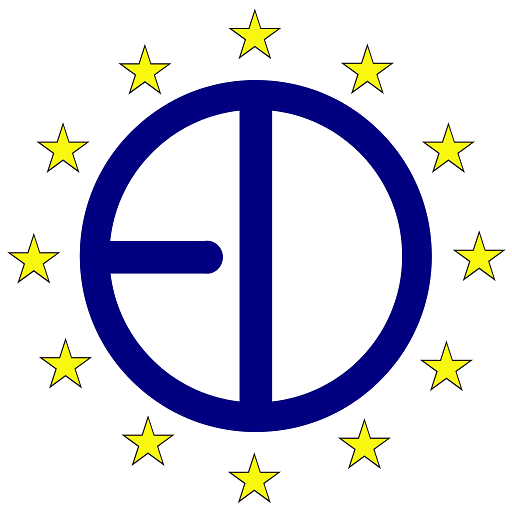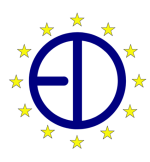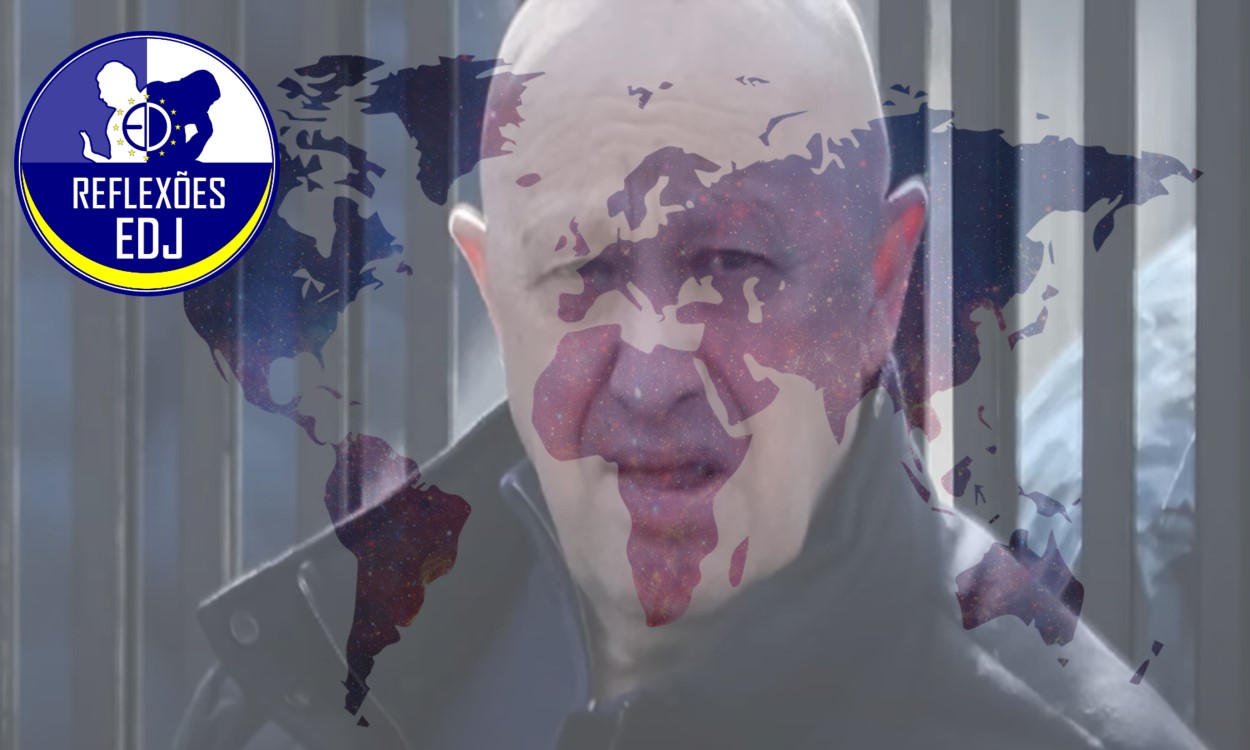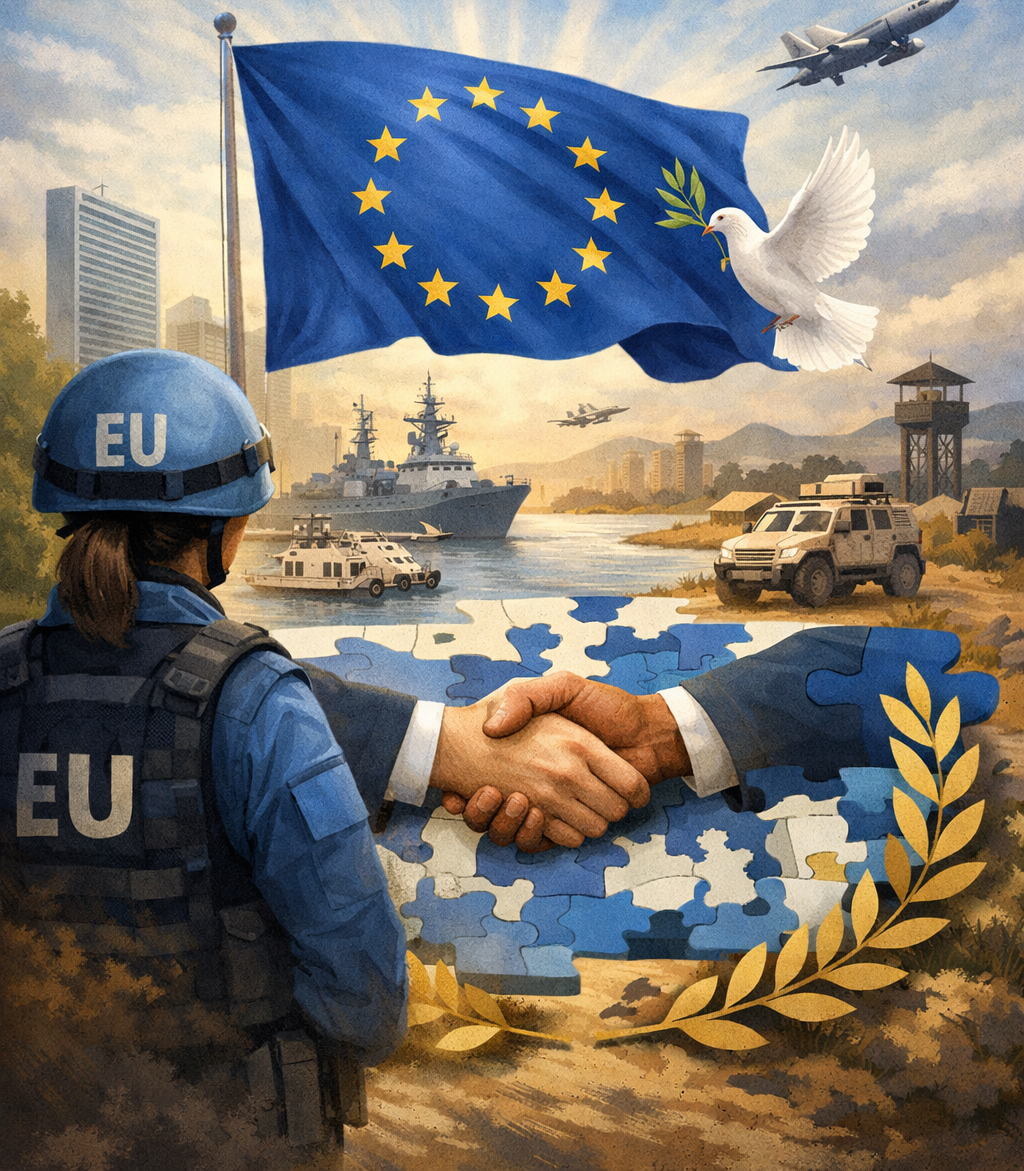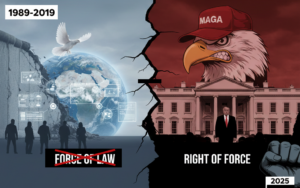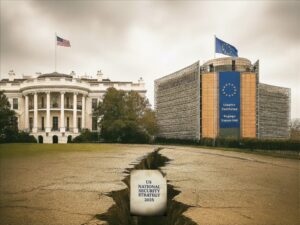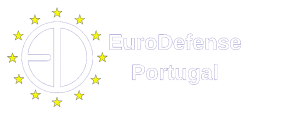A UNIQUE OPPORTUNITY HAS EMERGED
The plane crash that killed Yevgeny Prigozhin is understood by many as the outcome of the tension that arose between the Wagner Group and Kremlin over the invasion of Ukraine, however, the relation between the two goes far beyond Ukraine and many kms southwest and south to Africa. Ukraine is not where most is at stake for both. The opportunity to wound both Moscow and the mercenary group lies far from the battlefield, away from what the eye can see.
The Wagner Group finds itself a body without a head and will need time to reorganize its top hierarchy, and it is in these next weeks, which in world history are mere instants, that an opportunity arises for both Russia and the West, as well as other actors. The question is who will grab it.
With the death of Yevgeny Prigozhin various opportunities rise, opportunities in which the circumstances might not align ever again. With the airplane crash which resulted in the death of Yevgeny Prigozhn and of Dmitry Utkin, the Wagner Group finds itself without a main leader to overlook and guide its works, being that the Group operates in 3 continents, with the majority of its clients being African states. Why this presents a unique opportunity for leaders? Because the death of Prigozhin represents to Putin more than the cleaning of the Wagner rebellion against the Kremlin.
AFRICA: POWER TO CHOOSE
Some states from this region have relied heavily on Wagner as it is the case of the leaders of Mali and the Central African Republic (Africa News, 2023). However, the present instability not only inside the group, but also in Moscow due to the Wagner’s riot and the population’s non negative reaction to it, can impact African leaders’ strategies. They can start to feel the need to change who they depend on in order to assure the continuity of their domestic activities. Because of the attention brought on Wagner’s activities due to their participation in the invasion of Ukraine, the globe is aware there is an intensification of the scramble for African’s natural resources among Russian elites. Additionally, the invasion resulted in the global increase of prices which caused many states to start diversifying their trade to try and fight rising costs (Liffey & Trevelyan, 2023). This causes not only Russian factions to compete among them for African resources, but also powerful actors like the West and China to try and score the most advantageous partnerships with African leaders. These leaders are aware that they now have a new opportunity to diversify their global partnerships. The economic opportunities that have arisen will allow them to have a stronger presence on the global stage and better be able to have their voice heard in international negotiations. In other words, create leverage to pressure other actors to make decisions based on African leaders’ interests. As Ebenezer Obadare affirmed, there is a “new scramble for Africa”, and it might make actors in the continent let go of weaker partners to establish more beneficial relations (Obadare, 2023).
THE PROBLEM CREATED BY THE WEST
Nevertheless, the emergence of this economic opportunity is not enough by itself for both the United States and the European Union to step forward and be seen as the most advantageous partners. Russia and Wagner’s success in Africa has in part been because they benefitted from a long-term anti-French feeling in many African countries. Which leads us to conclude that Russia did not create from scratch its campaign of misinformation against Western states in Africa, it actually just used to its favour the estranged feelings the West itself has created in the continent. The West has a less positive record with African governments which has led in the past decade to many African nations joining the Belt and Road Initiative, among other partnerships. These feelings can be better encapsulated in this quote provided by a Kenyan government official: “You never hear the Chinese saying that they will not finish a project because the government has not done enough to tackle corruption. If they are going to build a road, then it will be build” (Sahle, 2010). The West needs to realize that no longer is the only one that has resources to offer and therefore demand from other nations, new options have risen. And if it does not do anything it will start losing its power at a faster rate. It needs to find a new balance between democracy and realpolitik.
FINAL REFLECTIONS
The invasion of Russia is not a mere territorial conflict, it is an affront to the Western system, and while the West cannot go directly fight in Ukraine, it must slow down Russia in other spheres of influence from which Russia depends. African leaders understand that they are a major piece of the current game in world affairs and that they have been for a while, therefore, understanding that they can benefit from more than one actor’s strategy. African governments and local governance structures will keep needing someone to provide the services the Wagner Group used to.
At the moment there are two main possible outcomes: the Wagner Group will take time to reorganize itself and find new sustainable funding when it comes to weapons, or the Group will be dismembered because it lost its big operational commander and leader and cannot find replacements who can sustain what they had built. Both scenarios allow Russia to step in and negotiate with African governments new deals in which Russia will carry on the work previously done by the Wagner Group and keep benefit from Africa’s resources.
However, Russia will have difficulties in stepping right into Wagner’s shoes because it does not have the necessary resources for a smooth transition due to the military effort that is doing because of the invasion of Ukraine. Other mercenary groups and even foreign governments will see this as an opportunity to dig deeper into African geopolitics and create beneficial partnerships that can impact international power balance. The West needs to act quickly and analytically in order to produce an outcome that will impact Russia the most in order to restore the European security architecture.
06 de novembro de 2023
Andreia Leitão
EuroDefense Jovem-Portugal
REFERENCES
Adibe, J. (2019). What does Russia really want from Africa? https://www.brookings.edu/articles/what-does-russia-really-want-from-africa/
Africa News. (2023). Wagner in Africa: a flourishing future but in what form? Africa News. https://www.africanews.com/2023/07/25/wagner-in-africa-a-flourishing-future-but-in-what-form/
Atlantic Council experts. (2023). Experts react: What the Prigozhin plane crash reveals about Putin, the Wagner Group’s future, and the war in Ukraine. https://www.atlanticcouncil.org/blogs/new-atlanticist/experts-react/prigozhin-plane-crash-wagner-ukraine-war-africa/
Bergengruen, V. (2023). Despite Rift with Putin, the Wagner Group’s Global Reach is Growing. Time. https://time.com/6300145/wagner-group-niger-future/
Besenyo, J. and Romaniuk, S. (2023). Wagner Mercenaries: A Potential Lifeline for the Niger Junta. https://www.geopoliticalmonitor.com/wagner-mercenaries-a-potential-lifeline-for-the-niger-junta/
ELDoh, M. (2023). The Geopolitics of Russia’s Foray into West Africa. https://www.geopoliticalmonitor.com/the-geopolitics-of-russias-foray-into-west-africa/
Felbab-Brown, V. (2023). What’s ahead for the Wagner Group in Africa and the Middle East?. https://www.brookings.edu/articles/whats-ahead-for-the-wagner-group-in-africa-and-the-middle-east/
Goldstein, M. et al. (2023). [UPDATE] Wagner PMC Activity in the Central African Republic: A Geospatial Analysis. https://greydynamics.com/wagner-pmc-activity-in-the-central-african-republic-a-geospatial-analysis/
Gordon, A. (2023). Why African Leaders are Staying Away From Putin’s Russia-Africa Summit. Time. https://time.com/6298624/russia-africa-summit/
Liffey, K. and Trevelyan, M. (2023). African leaders tell Putin: “We have a right to call for peace”. Reuters. https://www.reuters.com/world/putin-tells-african-leaders-moscow-is-studying-their-ukraine-proposal-2023-07-28/
Obadare, E. (2023). A “New Scramble for Africa”?. https://www.cfr.org/blog/new-scramble-africa
Patel, J. (2023). Africa After Prigozhin Is an Opportunity for the West. https://foreignpolicy.com/2023/08/09/africa-wagner-prigozhin-central-african-republic-mali-us/
Rampe, W. (2023). What is Russia’s Wagner Group Doing in Africa? https://www.cfr.org/in-brief/what-russias-wagner-group-doing-africa
Sahle, E. N. (2010). Chapter 6: Russia, China, Africa and Multi-Polarity. In World Orders, Development and Transformation (pp. 109-143). Palgrave Macmillan UK.
NOTA:
- As opiniões livremente expressas nas publicações da EuroDefense-Portugal vinculam apenas os seus autores, não podendo ser vistas como refletindo uma posição oficial do Centro de Estudos EuroDefense-Portugal.
- Os elementos de audiovisual são meramente ilustrativos, podendo não existir ligação direta com o texto.
